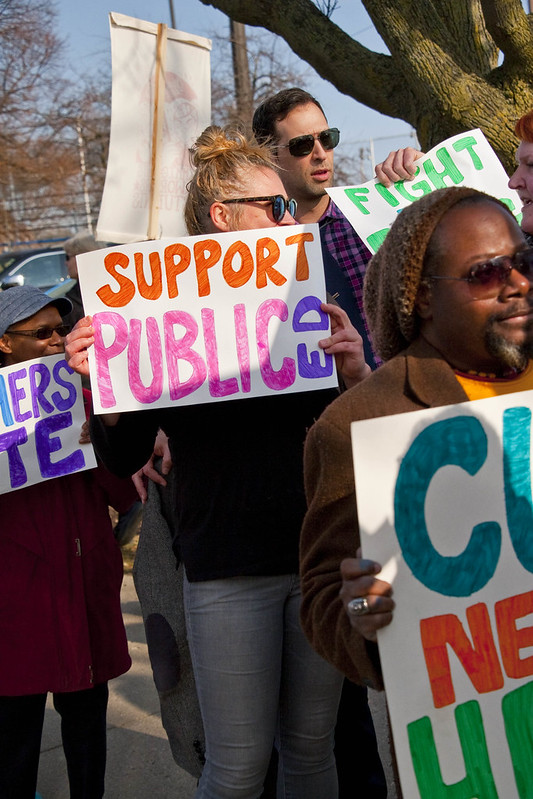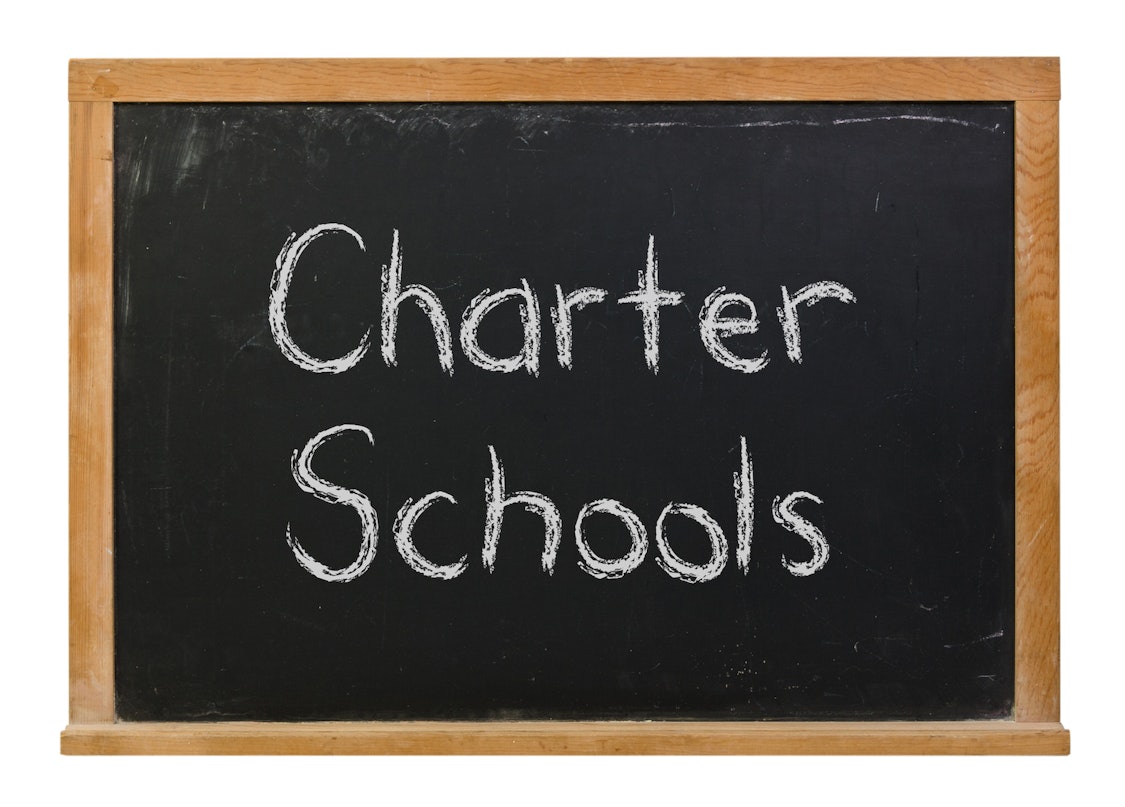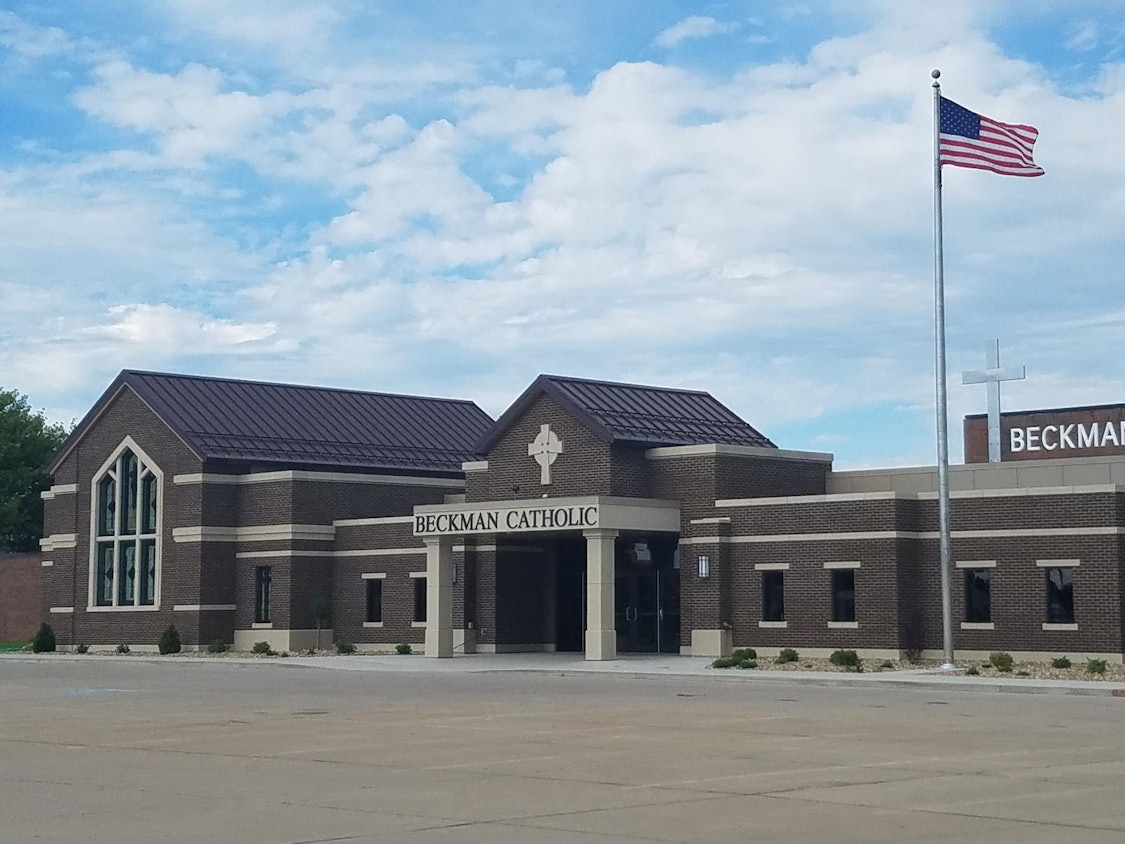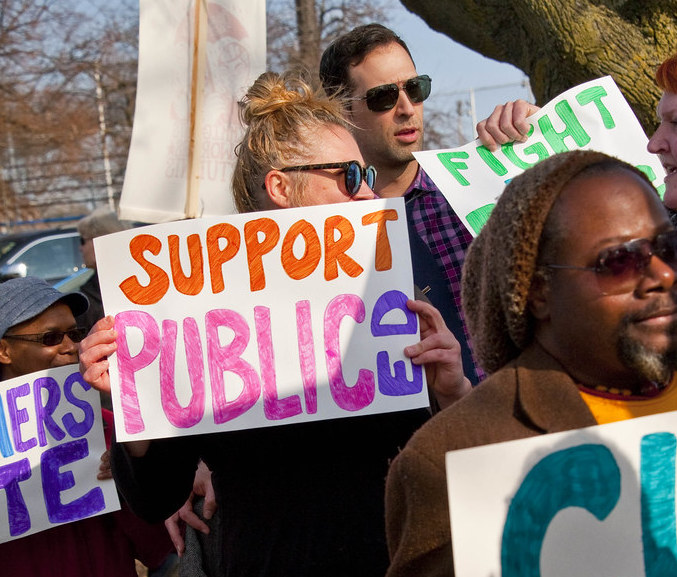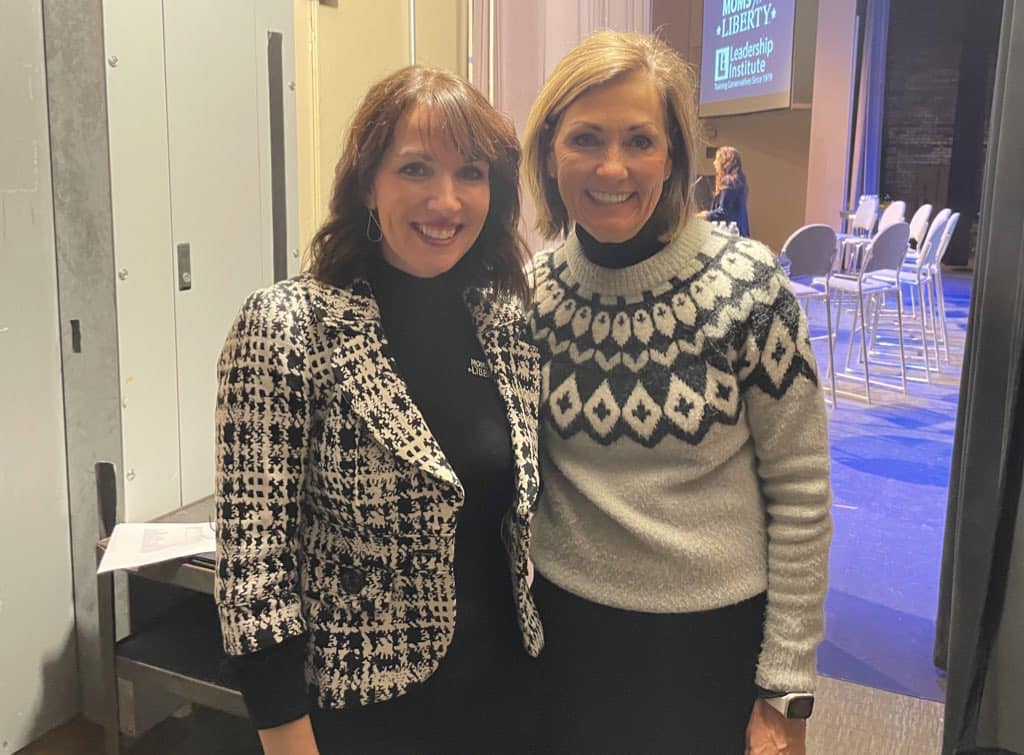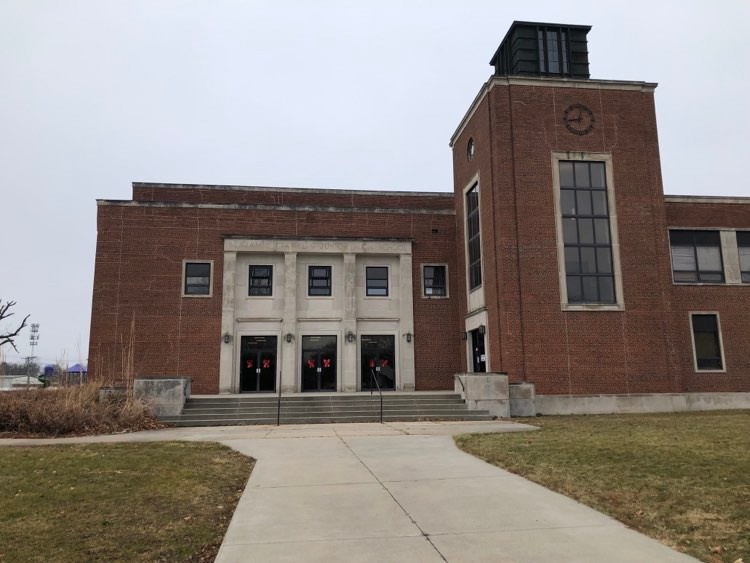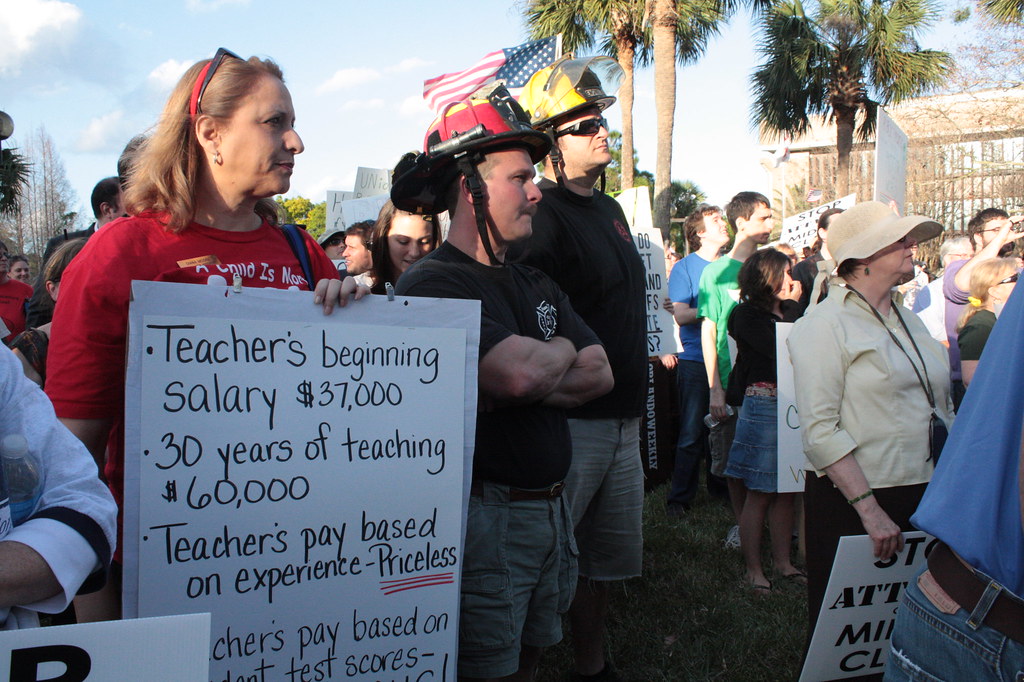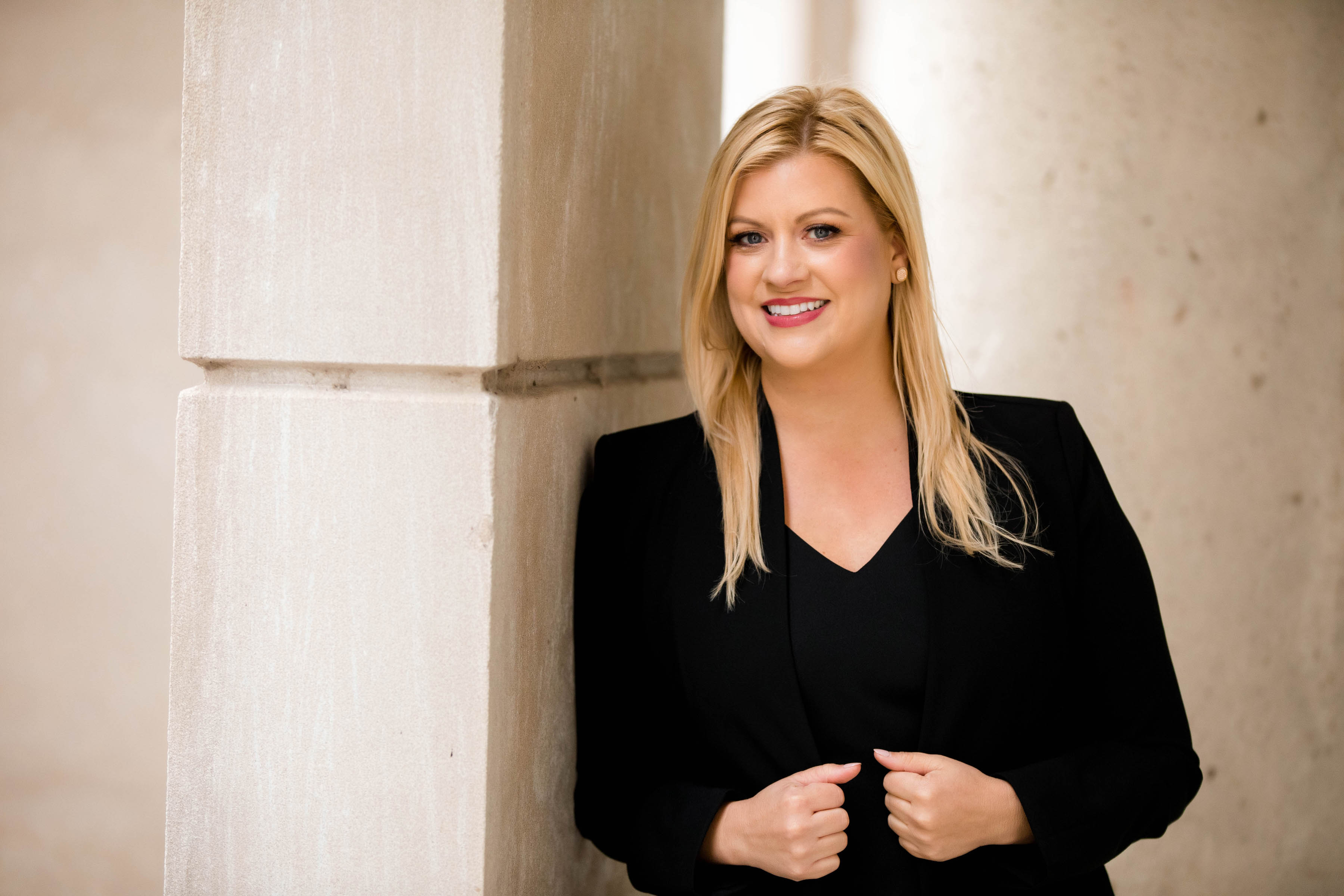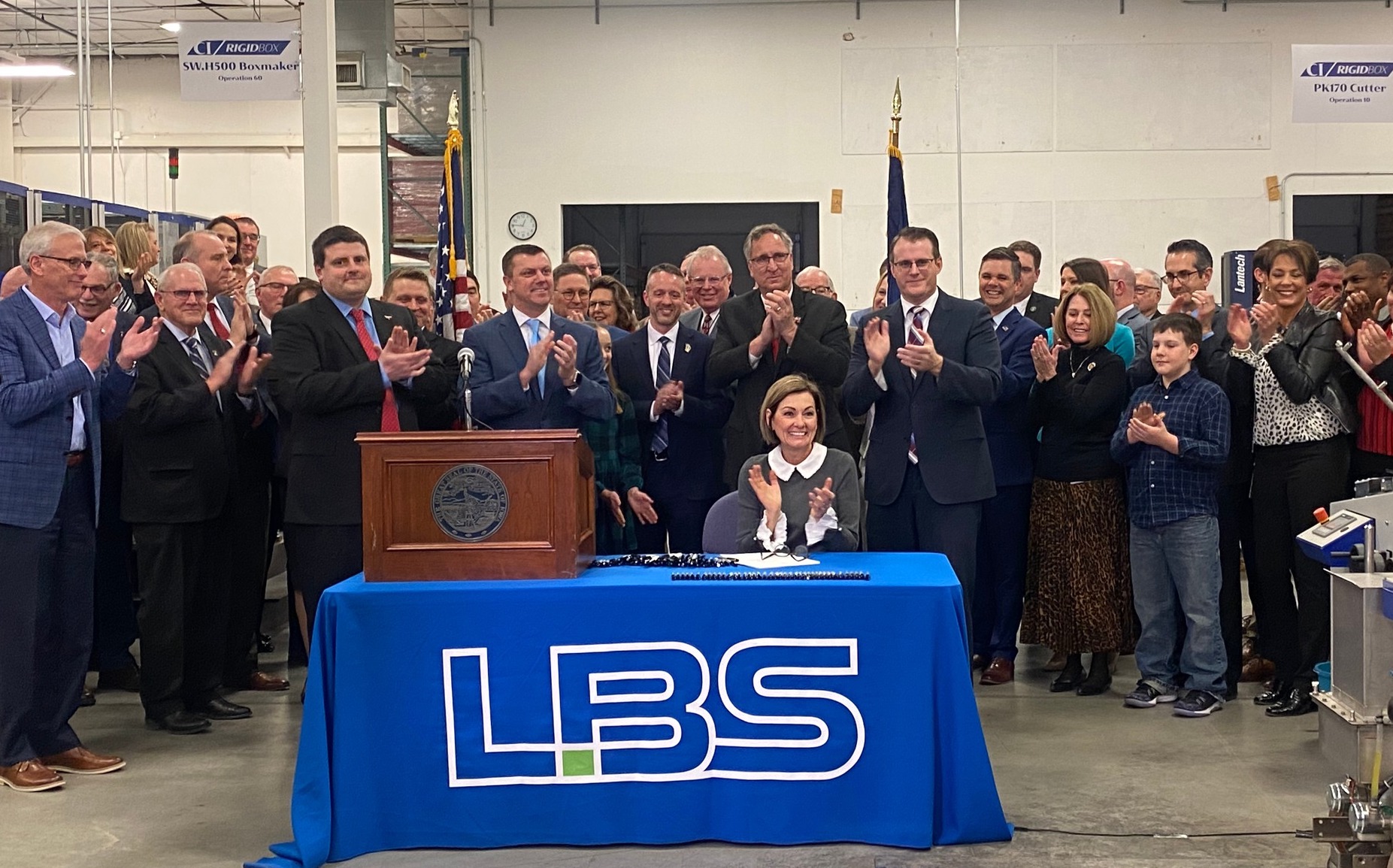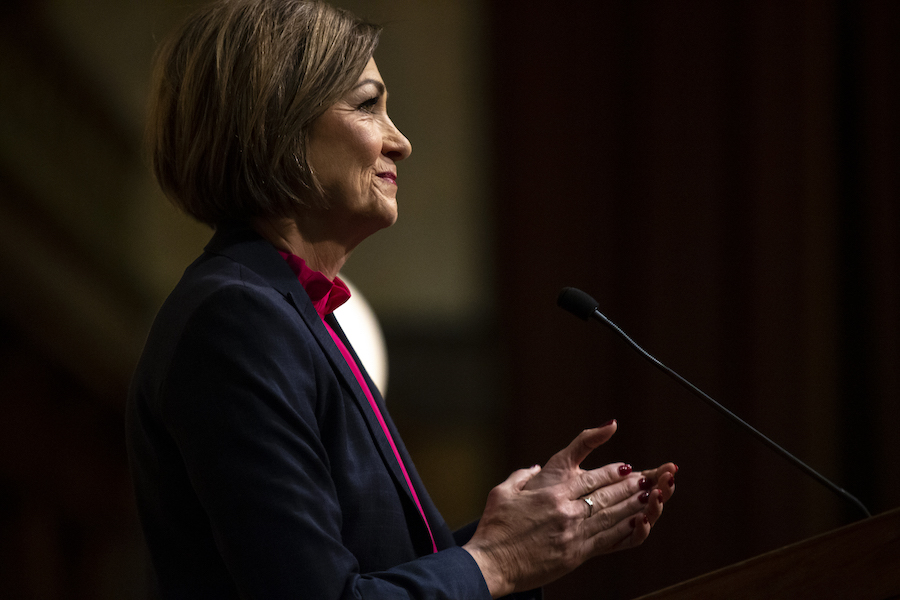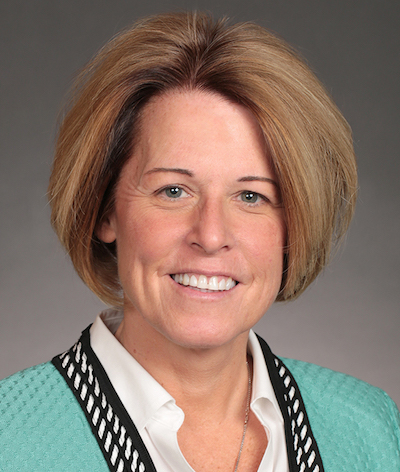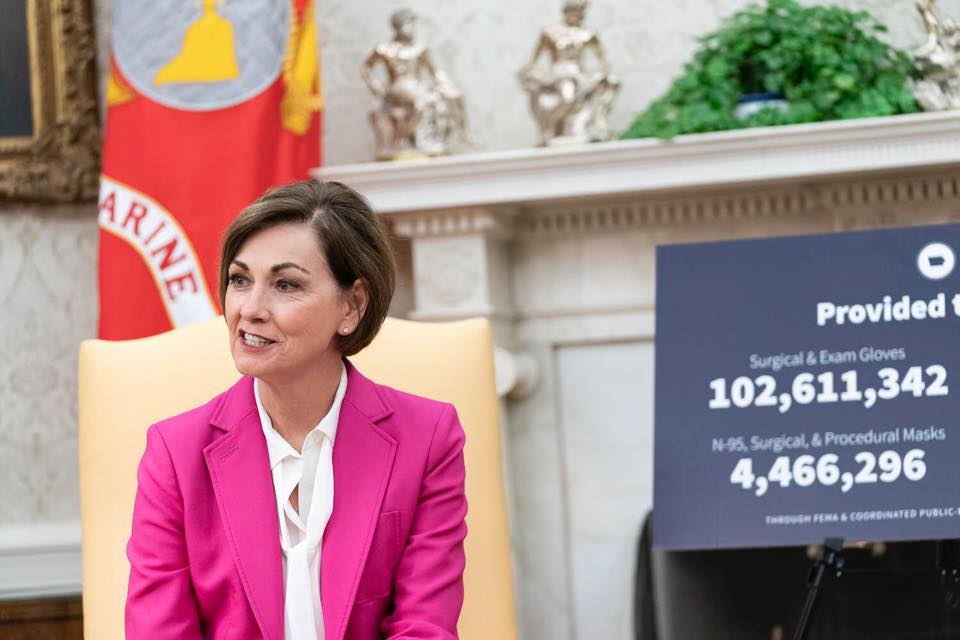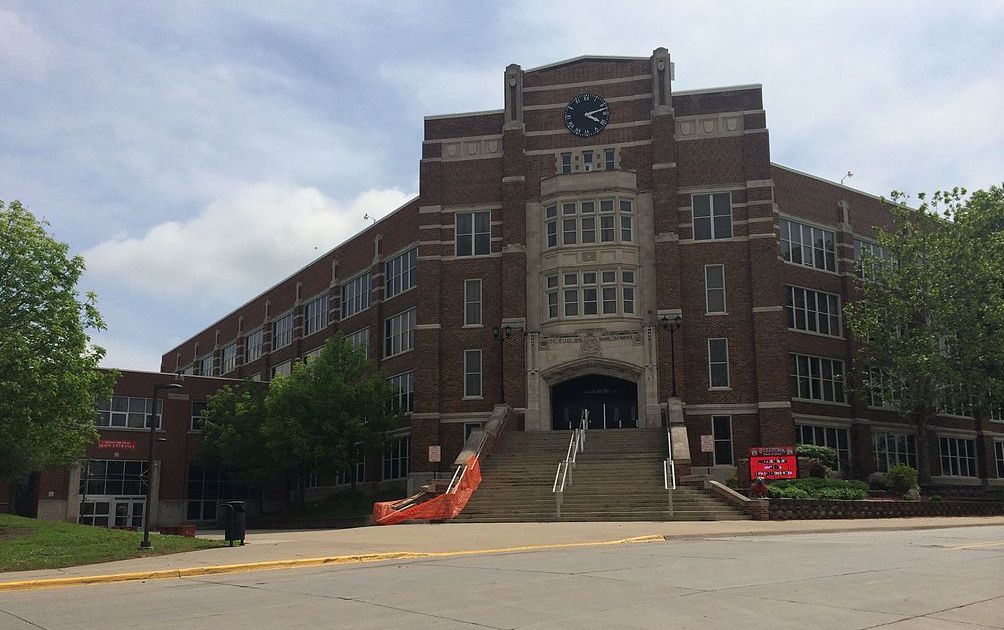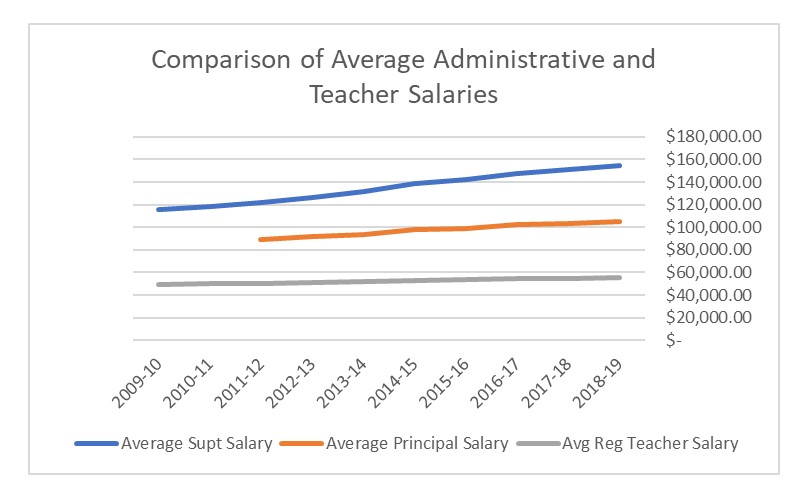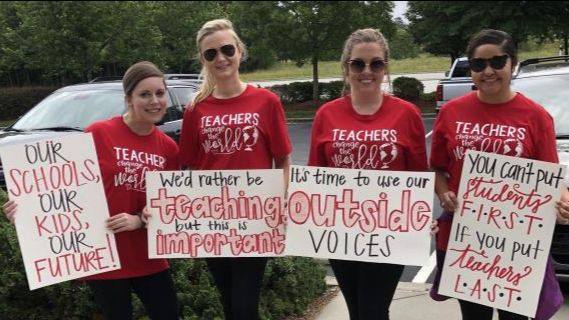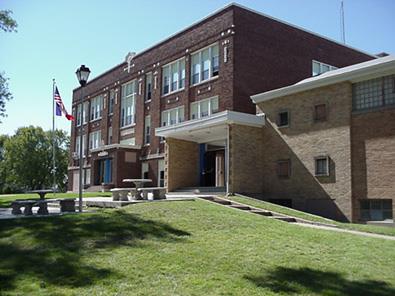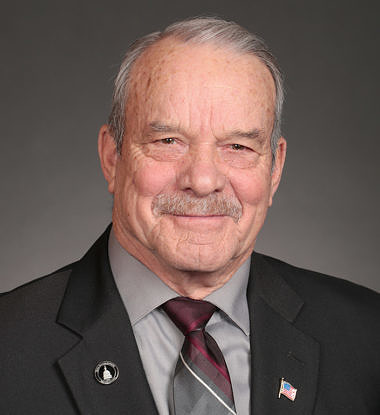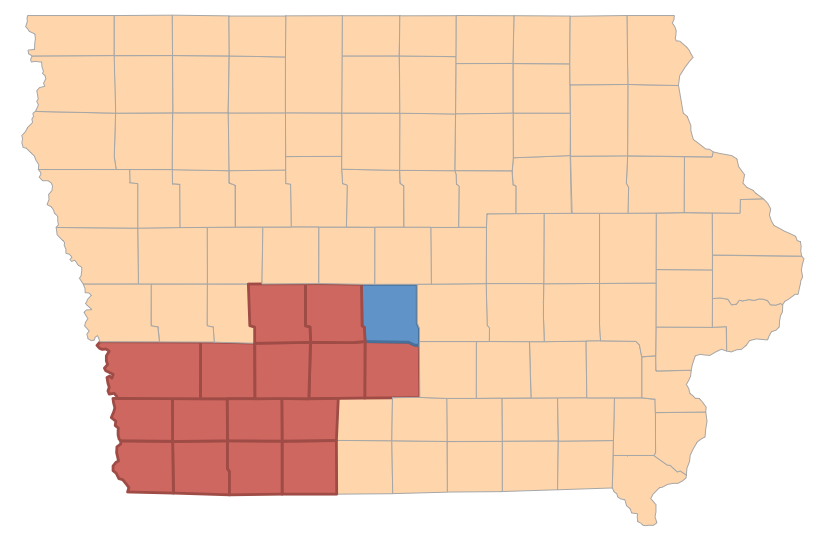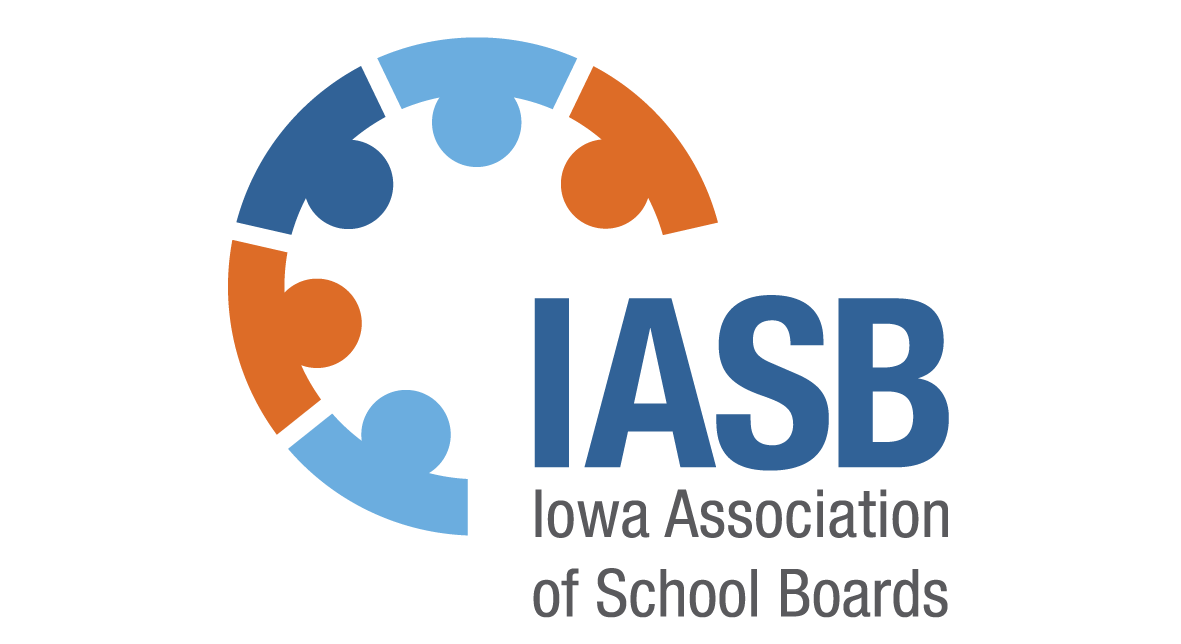Randy Richardson is a former educator and retired associate executive director of the Iowa State Education Association.
At long last the Iowa Department of Education released school enrollment numbers for the current school year on January 17. Public school enrollment took another dip this year as a total of 480,665 students attended Iowa schools. That’s a decrease of 3033.3 students from the previous year. Private schools, however, continued their growth with a total of 39,356 students. That’s an increase of 3,144 students or 8.7 percent from the previous year.
For years, private school enrollment decreased statewide. Since “Education Savings Accounts” (more commonly known as vouchers) have become widely available, that trend had reversed. Not only has enrollment increased, but more private schools have been opening statewide. This year saw an additional 21 accredited private schools open, bringing the total number of private schools to 211. Almost 80 percent of all private schools in the state saw enrollment gains. Compare that to public schools where only 36 percent saw an increase in enrollment.
Continue Reading...

